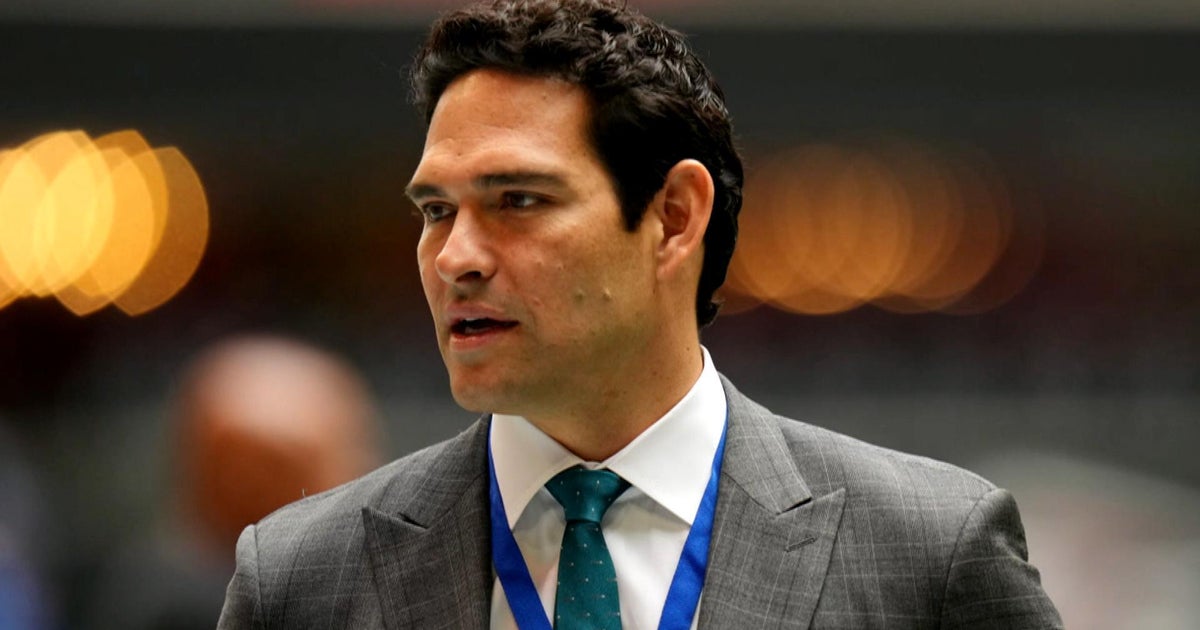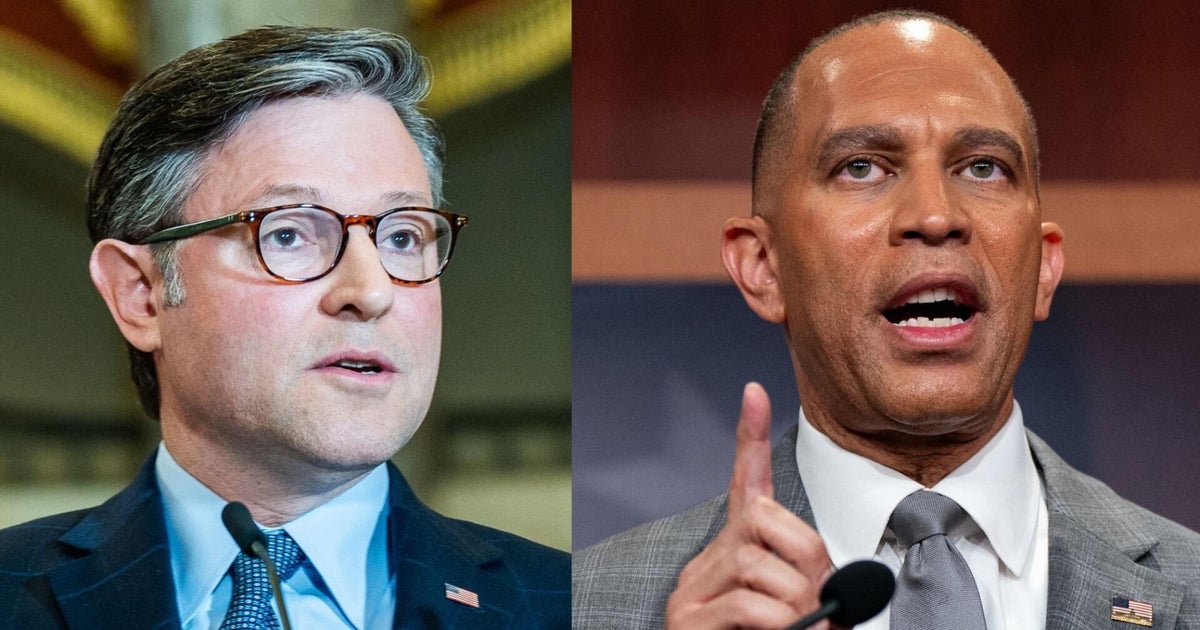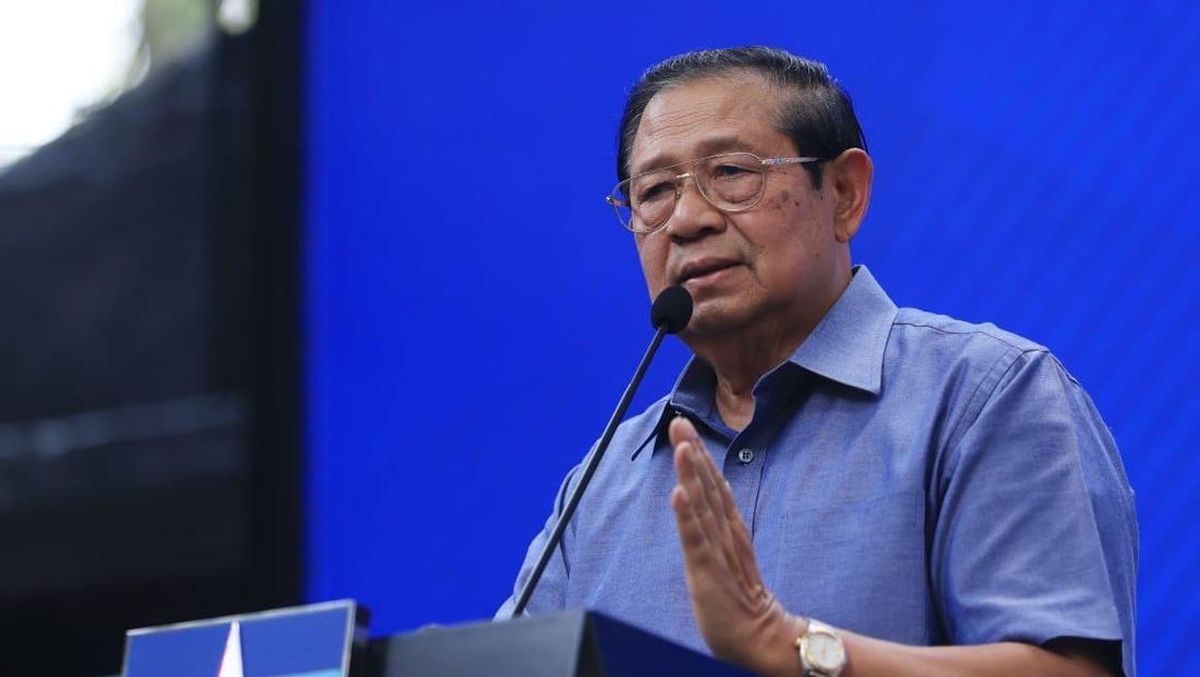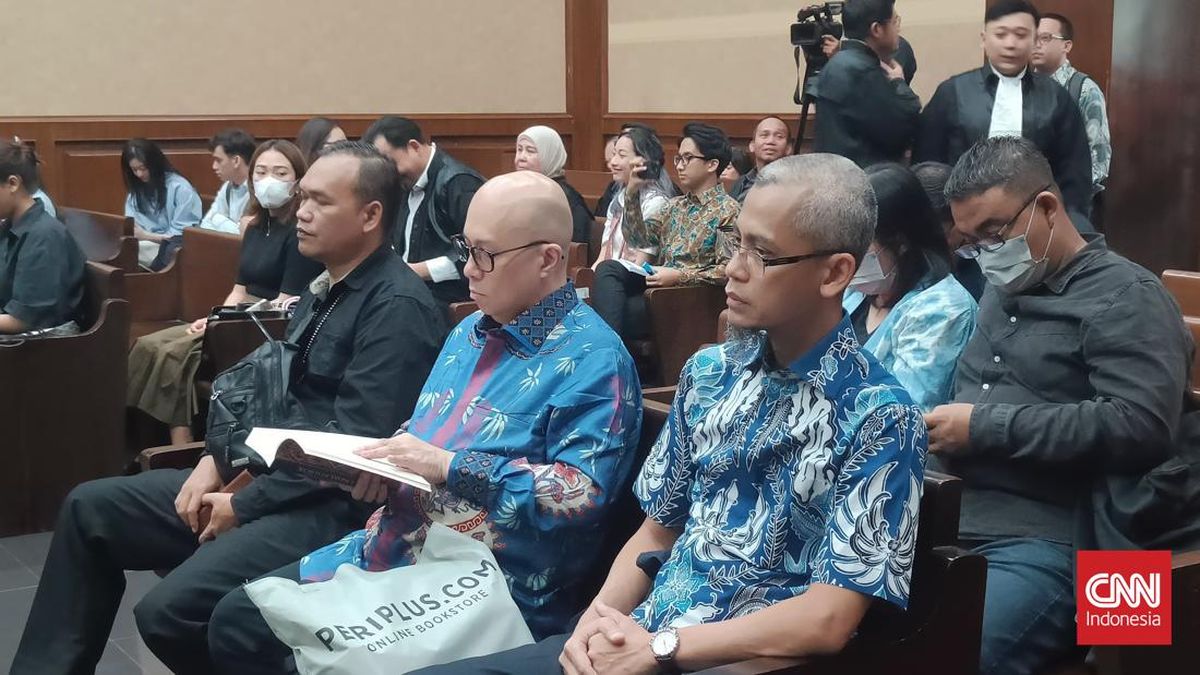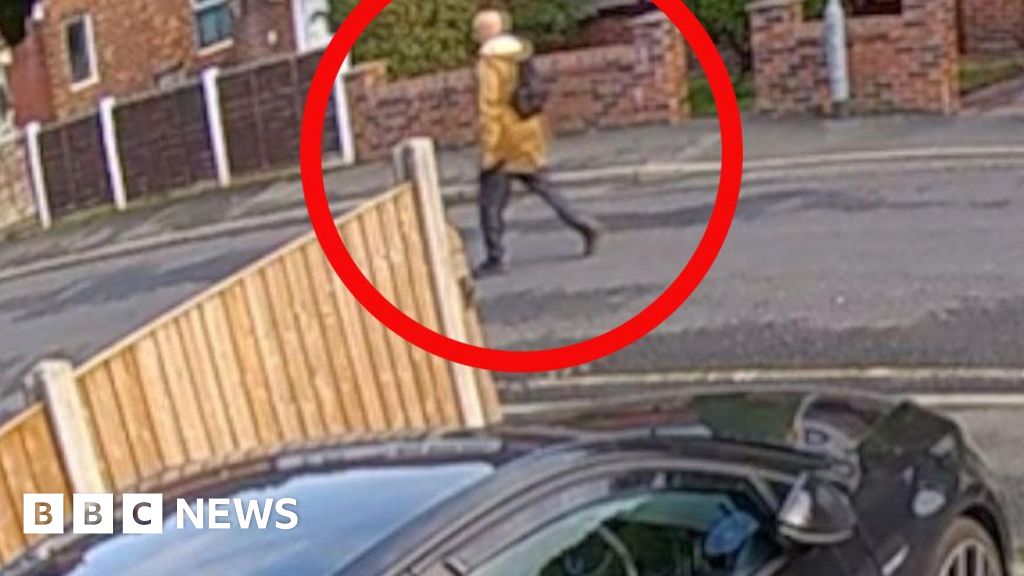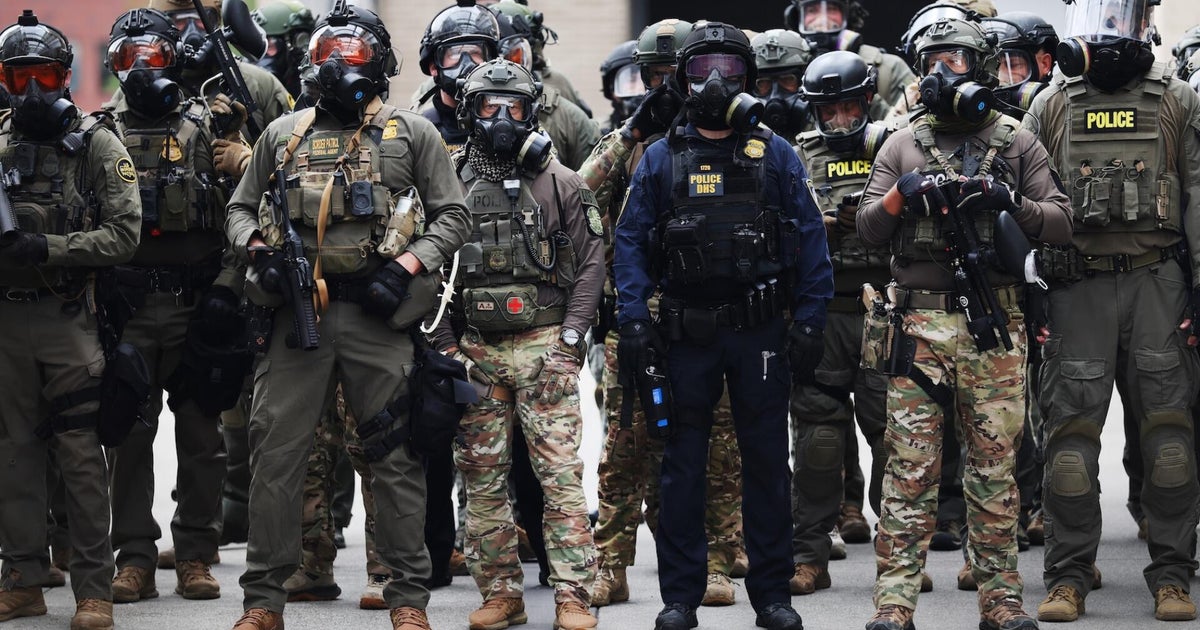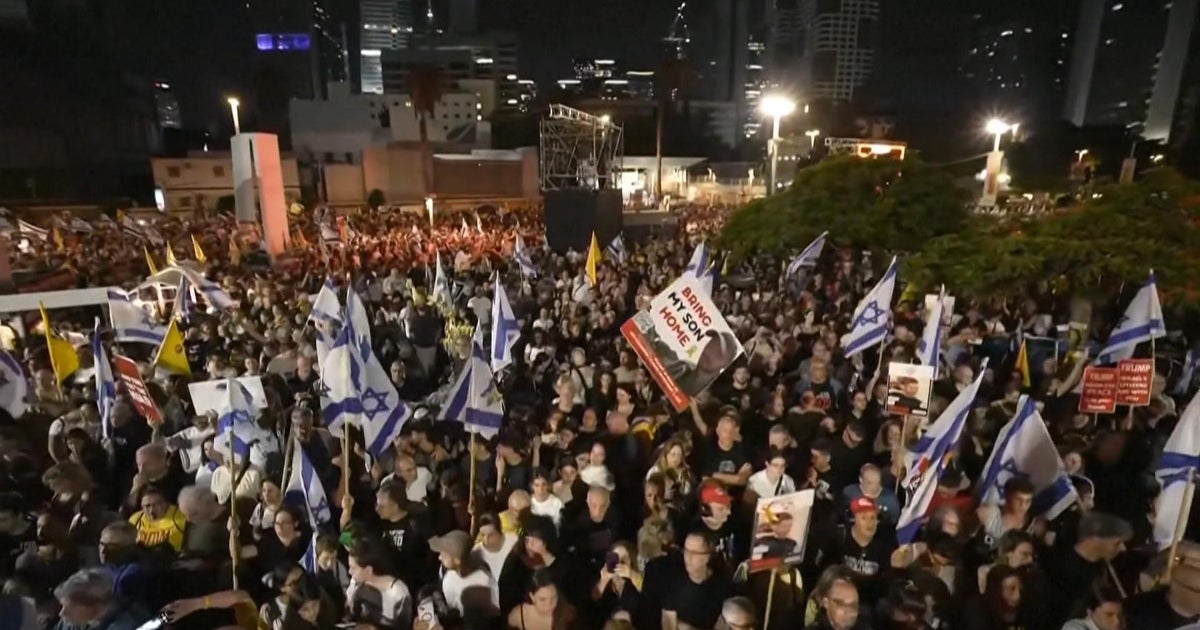Warsaw: Tens of thousands of people defied a government ban to march through the streets of Budapest on Saturday, transforming a prohibited LGBTQ Pride parade into the largest anti-government protest Hungary has seen in years.
Despite a warning from Prime Minister Viktor Orban of “clear legal consequences” for anyone attending the event, police made no move to stop the march, which swelled well beyond the size of previous Pride gatherings.

The tens of thousands of marchers crossing the Elisabeth Bridge.Credit: Getty Images
Organisers estimated the turnout at more than 180,000, including more than 70 members of the European parliament and delegations from 30 countries. Many participants said they were marching not just for LGBTQ rights but in opposition to what they see as an increasingly authoritarian government.
“This is about much more, not just about homosexuality,” protester Eszter Rein-Bódi told Reuters. “This is the last moment to stand up for our rights.”
The government’s attempt to ban the march relied on a law passed in March that prohibits events “depicting or promoting homosexuality” to minors. The law allows police to issue fines to participants and use facial recognition technology to identify them – measures condemned by civil liberties groups and European Union politicians.
In response, Budapest’s progressive mayor, Gergely Karacsony, reclassified the event as a municipal celebration, celebrating Hungary’s recovery of full freedom when Soviet troops pulled out in June 1991. On the day, the mayor stood firm in support of the protest.

Budapest Mayor Gergely Karácsony (middle) holds a banner as he crosses the Elisabeth Bridge during the march.Credit: Getty Images
Later in the day, he added, “The message is clear, they have no power over us.”
Despite the official ban, police did not intervene, though they were present in large numbers and adjusted the march route after far-right groups attempted to block one of the city’s main bridges. The demonstration remained peaceful.
The event marked the 30th anniversary of Budapest Pride, which had been held annually since 1995 with little incident. But this year’s government crackdown, paired with mounting political pressure ahead of next year’s national election, turned the parade into a broader protest against Orban’s rule.

The event marked the 30th anniversary of Budapest Pride.Credit: Getty Images
Orban, who has held power for 15 years, has increasingly positioned his Fidesz party as a defender of traditional Christian values, often singling out LGBTQ people, migrants and Brussels bureaucrats as threats to Hungary’s way of life. On Friday morning, just ahead of the planned march, he posted a photo with his grandchildren, captioned: “This is what I am proud of.”
But the attempt to frame the Pride event as a threat to children has drawn criticism both at home and abroad.
Loading
“It is a duty of all progressive governments to stand in the way when there are attacks against fundamental rights,” Spanish Culture Minister Ernest Urtasun, who marched alongside Hungary’s opposition leaders. His colleague, Deputy Prime Minister Yolanda Díaz, went further, accusing the European Commission of inaction.
“First, the government of Spain is here, defending human rights and democracy,” Díaz told Politico. “Second, denouncing the complicity of the European Commission. And third, sending a message not only to Europe, but to the rest of the world.”
Political analyst Gabor Torok wrote on Facebook that the heavy-handed response had cost the government public support.
“Orbán’s attacks on Pride initially increased his popularity,” he said. “But opinion shifted after the police ban and the legal debates surrounding the march.”
Orbán’s biggest political threat, former Fidesz insider Péter Magyar, did not attend the event, but in a statement accused the prime minister of trying “to turn Hungarian against Hungarian, in order to create fear and divide us”.

The attempt to frame the Pride event as a threat to children has drawn criticism both at home and abroad.Credit: Getty Images
Civil rights groups and several EU politicians have called on the European Commission to launch legal proceedings against Hungary for its use of surveillance and for restricting the right to assembly.
“Words are not enough,” said Iratxe García Pérez, leader of the Socialists and Democrats group in the European Parliament. “We need action. And action means that the European Commission start the infringement procedure against this law.”
Although Australia no longer maintains a permanent diplomatic presence in Budapest, its non-resident ambassador to Hungary, Ian Biggs – based in Vienna – recently reaffirmed Canberra’s support for LGBTQ rights.
Australia’s ambassador to Moscow, John Geering, joined a group of Western diplomats in signing a joint statement marking Pride Month, which was posted on social media over the weekend.
“We, the undersigned Embassies ... to the Russian Federation celebrate Pride Month by affirming the human rights of all LGBTQ+ persons,” it read.
The statement condemned “all discrimination and acts of violence in all parts of the world committed against LGBTQ+ individuals”, and called for “full protection of the law” for those targeted because of their identity.
Get a note directly from our foreign correspondents on what’s making headlines around the world. Sign up for our weekly What in the World newsletter.
Most Viewed in World
Loading






